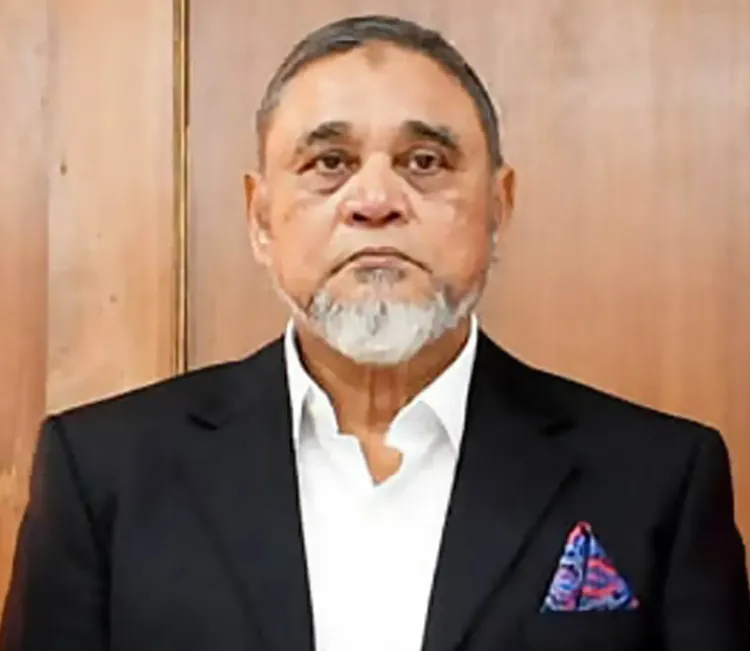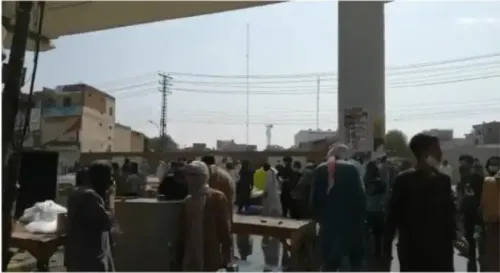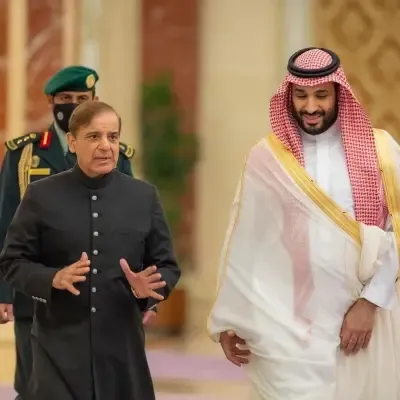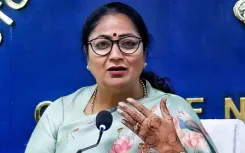Bangladesh's Chief Election Commissioner Promises Impartiality in Upcoming Elections

Synopsis
Key Takeaways
- CEC AMM Nasir Uddin emphasizes the Election Commission's neutrality.
- Political control is cited as a major source of criticism.
- Commitment to free, fair, and credible elections is reaffirmed.
- Upcoming elections are crucial for resolving the ongoing crisis.
- Recent political events have led to a fragile state in Bangladesh.
Dhaka, Feb 10 (NationPress) The Chief Election Commissioner (CEC) of Bangladesh, AMM Nasir Uddin, announced that the commission aims to neither endorse nor oppose any political party, reaffirming its commitment to neutrality, according to local media reports.
"Our commission does not wish to partake in politics. We do not aspire to support or challenge any political entity," he expressed, emphasizing, "We are determined to remain neutral."
These comments were made during the annual general meeting and award ceremony of the Reporters Forum for Election and Democracy (RFED) at Nirbachan Bhaban in the capital on Sunday, as reported by The Daily Star, one of the leading newspapers in the country.
Nasir Uddin pointed out that political interference is a primary reason for the criticism directed at the Election Commission.
"This is the principal reason behind the political control exerted over the Election Commission. While there could be numerous factors, I believe political influence is the most critical one," he remarked.
The CEC reiterated the commission's dedication to holding elections in a free, fair, and credible manner.
His statement offers a ray of hope for the revival of democracy in a nation plagued by conflict. The abrupt removal of Sheikh Hasina in a significant political upheaval has been a setback for democratic processes.
The widespread violence in Bangladesh has not only harmed its already fragile democracy but also jeopardized its aspirations to be a secular nation.
Upcoming elections, anticipated in late 2025 or early 2026, are viewed as a crucial step towards resolving the ongoing crisis.
Nonetheless, the unexpected ousting of former Prime Minister Sheikh Hasina and the subsequent political turmoil have posed challenges for the current caretaker government led by Muhammad Yunus in restoring order for a fair election.
The political and security void created since August has already led to the emergence of new players such as student groups and the radical Jamaat-e-Islam. The recent destruction of Dhanmondi 32, the historic residence of Sheikh Mujibur Rehman, serves as a stark reminder of Bangladesh's vulnerable political landscape.









